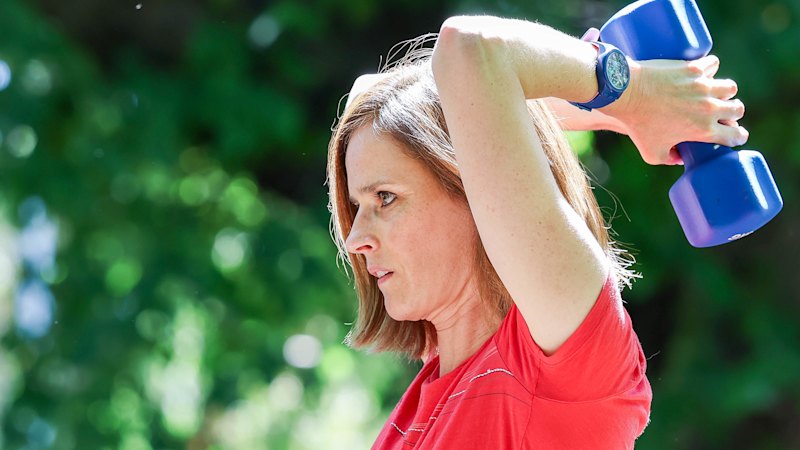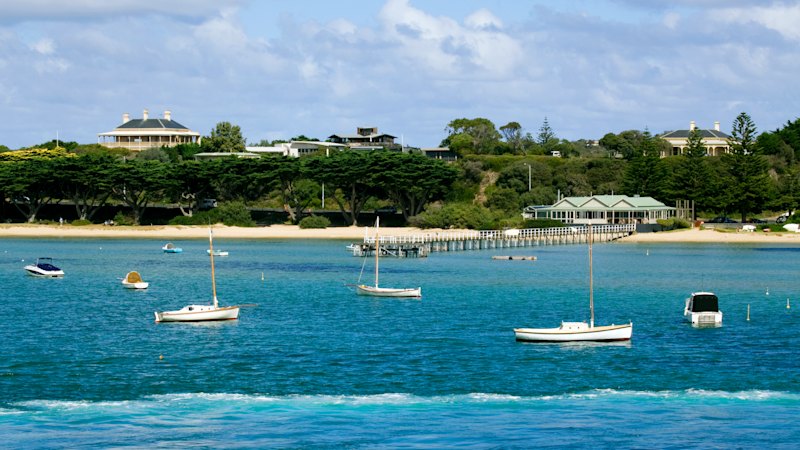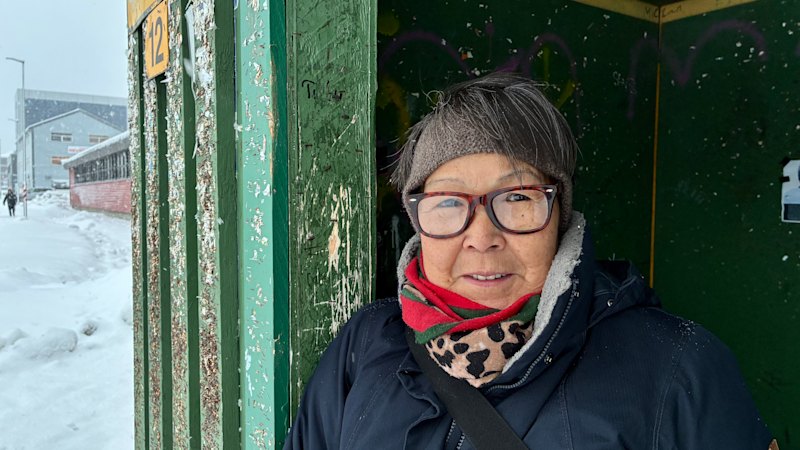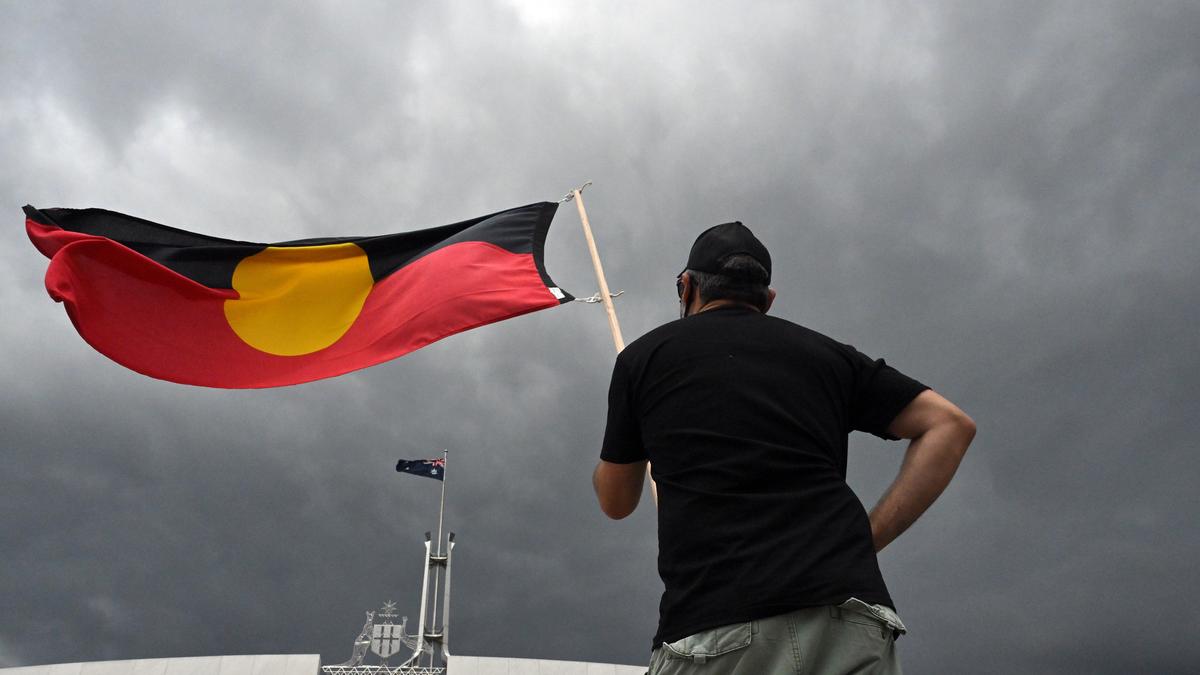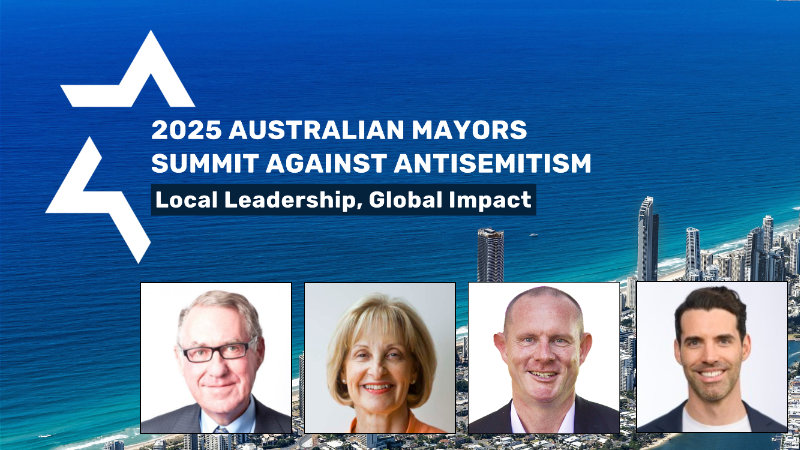
The Australian Mayors Summit Against Antisemitism (CAM Summit) is facing scrutiny as it invites local government councillors to an all-expenses-paid event in September 2023 on the Gold Coast. The summit aims to promote the International Holocaust Remembrance Alliance (IHRA) definition of antisemitism and support for Israel, including efforts to discourage the Boycott, Divestment, Sanctions (BDS) movement against Israel. However, the invitation has sparked significant concern regarding ethics and potential conflicts of interest within local councils across Australia.
Councillors began receiving invitations from the Israel-US-based CAM movement earlier this year. The invitation was accompanied by follow-up letters from CAM’s CEO, Sasha Roytman, who has a background in promoting Israel’s digital media strategy while serving with the Israel Defense Forces (IDF). The lavish nature of the invitation, described by some councillors as a “hard sell,” has raised ethical alarms.
Councillor Gideon Cordover from Kingborough, Tasmania, expressed his surprise at the size of the offer, stating, “We’re talking big money. In my six years on local council in Tasmania, I’ve never come across such a tactic by a lobby group with such a wide-reaching cash splash.” Local government Codes of Conduct across Australia caution against accepting gifts that may influence future decision-making, which many believe the summit’s agenda aims to do.
Concerns Raised Over Ethical Implications
The summit’s key objectives include embedding the IHRA definition into local government practice and establishing a Municipal Antisemitism Action Index. This index would assess municipalities on their effectiveness in combating antisemitism and promote best practices. The ethical implications are further complicated by varying council transparency requirements regarding gifts and benefits.
Some councils, like Merri-bek in Melbourne, maintain registers for both accepted and declined offers, while others require only the registration of accepted benefits. A staff member from a Sydney council advised councillors to decline the CAM invitation entirely. There are exceptions allowing councillors to accept benefits if sanctioned by their council as part of official business, but potential conflicts of interest still need to be considered.
The legitimacy of CAM’s practices is under scrutiny, especially as respected corporate lawyer David Gonski chairs the summit’s organizing committee and is also listed as a speaker. Questions regarding whether CAM sought legal and ethical advice before extending such lavish invitations remain unanswered.
Union Opposition and Community Response
The Australian Services Union (ASU) has initiated a campaign opposing the summit, citing troubling connections between the conference and the Israeli military. Phillipa Balk, assistant branch secretary of the ASU Vic Tas Authorities and Services Branch, stated, “We urge all local government officials not to participate in this conference and to work together more broadly across their communities to fight racism in all its forms.”
With over 500 councils in Australia, the summit claims involvement from 70 councils, though CAM has not verified this figure. In Wollongong, Councillor Ryan Morris stirred debate by seeking council approval to attend the summit, which was met with mixed reactions. While he received approval to attend as long as the gift was declared, concerns were raised about the implications of such participation.
Opposition to the summit also comes from within the Jewish community, with local resident Shoshana Dreyfus expressing worries that the conference’s interpretation of antisemitism might silence legitimate criticisms of Israel’s policies. Dreyfus emphasized that tackling antisemitism should occur alongside broader efforts to combat racism.
Councillors from the Greens party have notably declined invitations, with spokesperson Amanda Cohn voicing concerns that the summit seems more focused on the interests of a foreign government than on the safety and inclusion of Jewish Australians. Recent actions, such as the cancellation of events at the Bendigo Writers Festival due to a boycott, underline the potential consequences of adopting the IHRA definition.
Councils like Woollahra and Waverley, which have already embraced the IHRA definition, are sending delegations to the summit. Their Liberal Mayors have actively promoted attendance to enhance social cohesion. However, many councils, particularly in Western Sydney, have opted out, voicing concerns about the implications of participation.
The controversy surrounding the CAM Summit has sparked a wider conversation about the ethics of local governance, the influence of external organizations, and the delicate balance between combating antisemitism and supporting freedom of speech. As the summit approaches, the ongoing discussions highlight the complexities local councillors face in navigating these sensitive issues.
